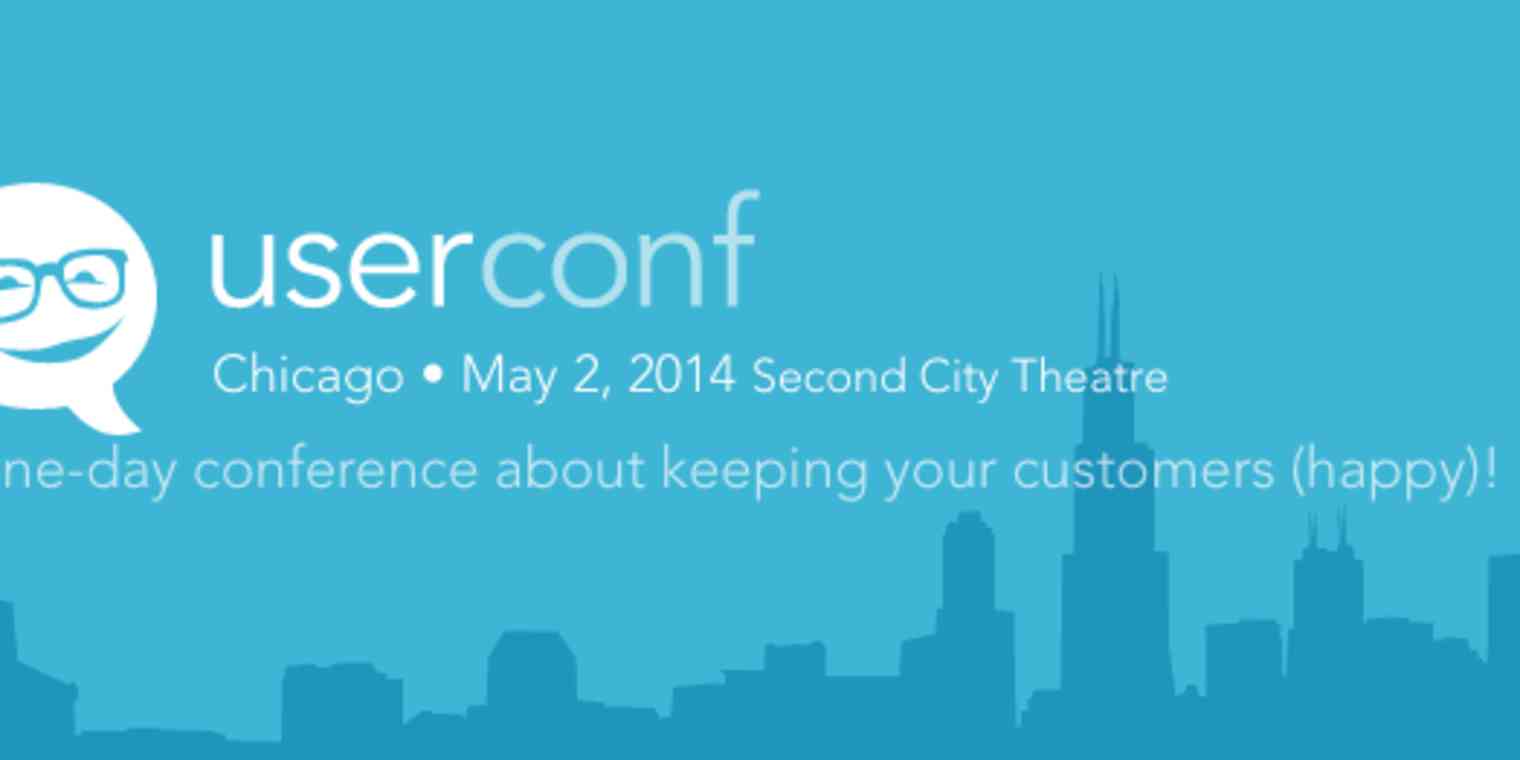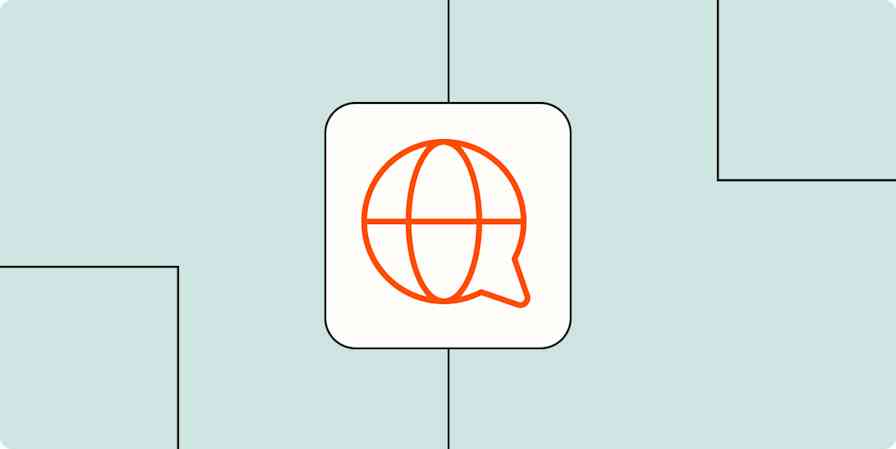Fifteen speakers took the stage last Friday at UserConf, the "conference about keeping your customers (happy)". Put on by UserVoice and CoSupport, this fourth UserConf edition in Chicago was just a good as past iterations in New York and San Francisco. The conference is a full day of great content from speakers, strong community from attendees, and a fun atmosphere driven by the organizers.
While it's unfair to boil down 15 talks to a single word, I'm going to anyway. That word is process, and was a clear theme from the speakers. Here's a look at how process informed their decisions, enabled them to handle tough situations, and even navigate internal politics.
Process in Aggregating Knowledge
Mathew Patterson of Campaign Monitor spoke at length about their journey in growing from a small support team and the changes that required. Chief among them was a need to centralize their expertise in the app into a resource for new hires, allowing them to acclimate those hires and eliminate the need for every support agent to be a "hero".
Coursera's Sara Culver spoke on the importance of having a process for being informed. By gathering and knowing the data available to you, influencing product decisions can be much easier; especially when you know the people and pitfalls involved too.
Heidi Craun from Expedia showed off how their team used process to keep support as preventative as possible. By turning support interactions into mini-usability studies, they were able to aggregate that info and influence product decisions before they became support nightmares, allowing them to serve a very large user base with a small team.
Process in a Crisis
Buffer's Carolyn Kopprasch went through the story of her company's app getting hacked last year, and how process heavily figured into what they feel went right in mitigating that situation. Between over-communicating, having a centralized spot for updates, and even fighting future problems by forcing two-factor authentication wherever possible, having a plan makes a difference.
Simon Chan of Wunderlist shared a similar experience where a highly anticipated new version of their product turned into an ongoing support crisis. Their work in establishing a knowledge base for support, as well as better understanding their support needs and when to get more help ensured they were able to navigate a really difficult time.
Scott Holloway from Instacart shared learnings from a crisis that arose from this past winter's Polar Vortex, which brought huge stress on their ability to deliver groceries to fulfill customer orders. Their understanding that in these trying times transparency and a relentless effort to help the customer resulted in instinctively doing what needed to be done for their users, who were appreciative and understanding in return.
Process in Team Dynamics
Ryan LaBarge of Olark spoke on their commitment to All Hands Support (something we're big fans of at Zapier), where everyone on their team regularly answers support questions. While the benefits to that approach are numerous, Olark specifically was able to get buy-in from their whole team to build an "Operator's Handbook". This document was a direct response to feedback showing users were under-informed of their app's features.
Kixeye's Carter Gibson got to the heart of the interplay between support and marketing functions, and the friction that can come from their overlapping mission. By sitting down and developing a process for what channels were handled by which function (and why), both teams were able to reach their aims to excite new and existing customers alike.
HubSpot's Brian McMullin added a product manager's perspective on the process of incorporating user feedback into product decisions. At HubSpot, as they grew they eventually added positions specifically to be that liaison and advocate between the two functions to ensure that the valuable experience and intuition the support function saw day after day was properly weighted.
Process in Empowering Your Team
Grace Antonio from FreshBooks spoke on ways to promote a great culture of helping customers in support teams. From removing friction points like unnecessary barriers to contacting support (phone trees) to giving support folks authority to truly help people to aggregating feedback for data-driven decisions and enabling time for skill development, it was a fantastic how-to in creating a vibrant support team.
Holly Goldin of Atlassian spoke on their process for empowering their community leaders, who enable the win-win of limiting support volume for the company as well as being ambassadors for the product. By wow-ing those community leaders with tokens of appreciation, they get advocates that help bring in new users and keep existing users happy, even though they aren't Atlassian support themselves.
Squarespace's Christa Collins shared stories from several employees that showed by promoting an environment where you can use your skills in unconventional ways, you can get unexpectedly great results. From better job descriptions to better support tools, and even a video room built to keep sound in, Squarespace received great benefits by simply giving their support team the freedom to experiment in using their unique skill sets to solve otherwise ignored problems.
More than Speakers
Aside from these great talks—and I didn't even get to Richard White's opening talk or Chase Clemons of Basecamp presenting on online classes—the real value of UserConf continues to be in the community it engenders. Being able to spend the day hearing stories from the support community and bouncing ideas off each other is worth the price of admission alone. I talked with people from Basecamp, Buffer, Capsule CRM, Hudl, Grasshopper, Prezi, Raven Tools, StatusPage.io, Wistia and many others, and that was still only a fraction of the companies represented at UserConf. If you're at all on the fence about checking it out in the future, I whole-heartedly recommend it.
Have any questions about the talks touched on above? Or maybe your own UserConf experience to share? Would love to hear about it in the comments!





